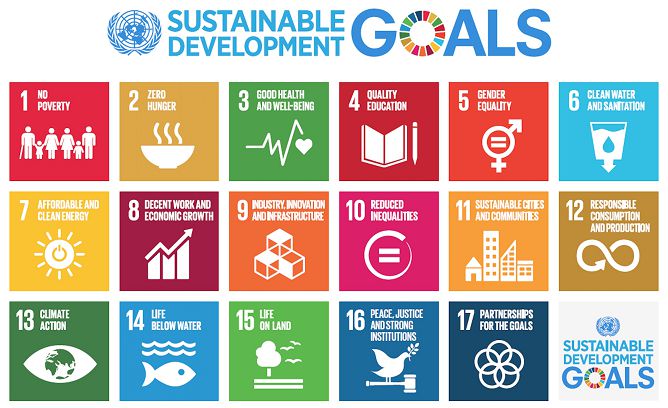
Reaching SDGs, with focus on farming
The Sustainable Development Goals (SDGs) were adopted by the United Nations in 2015 as a universal call to action or global projection to end all forms of poverty and discrimination to protect the planet by 2030.
The 17 SDGs are integrated, and recognise that action in one area would affect outcomes in others, with the guiding principle that development must go hand in hand with social, economic and environmental sustainability.
Advertisement
The goals are, end to poverty, zero hunger, good health and well-being, quality education and gender equality, clean water and sanitation, affordable and clean energy, decent work and economic growth, responsible consumption and production, and climate actions.
Priorities
Ghana has aligned its development priorities, and in partnership with Civil Society Organisation (CSOs) and the private sector, has adopted five themes namely, People, Planet, Prosperity, Peace, and Partnerships; similar themes in the 17 SDGs.
In spite of the multisectoral approach and efforts by the government and its partners in achieving the SDGs to ensure a better life for all, there are challenges in achieving the goals due to the economic and social situations of many communities across Ghana, particularly rural communities whose economic mainstay is farming.
Strategy
In line with Ghana’s operational strategy in achieving the SDGs, the Hunger Project-Ghana, a not-for-profit international organisation, in collaboration with the Church of Jesus Christ of Latter-day Saints, has launched a multimillion-dollar project to improve food security, water, sanitation and nutrition in two districts in the Eastern Region of Ghana.
The beneficiary communities are Dominase and Bawale, epicentres in the Fanteakwa and Okere districts, respectively, in the Eastern Region.
The project is estimated to cover about 60,000 rural folks in those two districts with sustainable agriculture interventions to enhance their livelihoods and contribute to the local economy and development.
Under the project there would be the establishment of food processing centres to improve food security, the provision of irrigation systems for all-year-round farming, the establishment of farm/agriculture inputs shops, boreholes/improved water facilities for access to water, sanitation and hygiene.
Others are the provision of motorbikes for outreach health services in hard-to-reach communities within the operational areas to ensure timely access to healthcare primarily maternal healthcare services.
Project
The carefully designed project relates to 12 out of the 17 SDGs, according to Mr Samuel Afrane, Country Director of Hunger Project-Ghana.
Small holder farmers remain at the centre of the intervention, geared towards economic empowerment in line with the SDGs, since farming is the main economic activity and source of livelihood for people living in rural communities.



